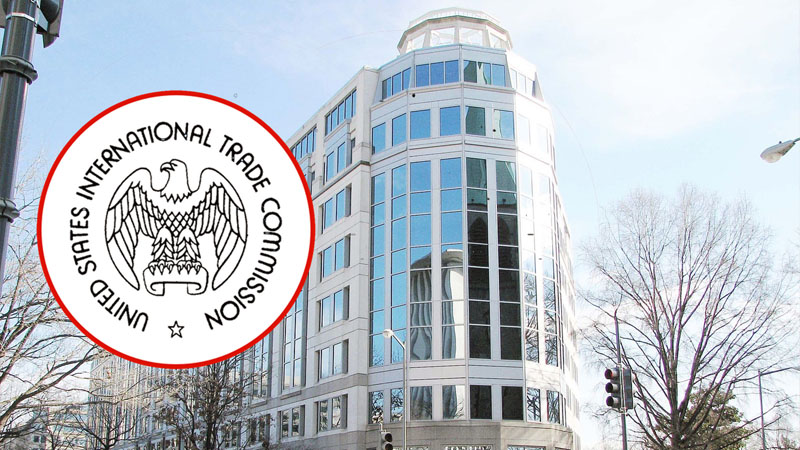Exclusive content

The shrimping industry along South Carolina’s coast, battered by years of unfair competition, has finally found a reprieve. The United States International Trade Commission (ITC) recently ruled in favor of domestic shrimpers, concluding that imported shrimp sold at “less than fair value” has caused significant harm to the domestic market. For the embattled shrimpers of the Lowcountry, this decision marks a turning point in their fight for survival.
“The domestic industry for the last three years has just been decimated,” said Taylor Tarvin, co-owner of Tarvin Seafood. Shrimp imports from countries like Indonesia, Ecuador, India, and Vietnam have flooded the U.S. market, driving prices to unprecedented lows. For instance, 13-to-15 count head-on shrimp now fetch just USD 2.25 per pound, nearly half the USD 4-4.50 they commanded three years ago.
The Economics of Shrimp Dumping
The National Oceanic and Atmospheric Administration (NOAA) reports that imported shrimp now account for 90% of all shrimp consumed in the United States. This market saturation, driven by what the ITC describes as dumping practices, has severely undermined local producers. The ITC’s ruling paves the way for tariffs and antidumping measures aimed at restoring fairness to the marketplace.
“I’m delighted,” said Tarvin. “I believe they’re finally addressing the dumping of cheap imported shrimp into this country.”
Health Concerns Amplify the Case
The battle over shrimp imports is not just economic; it’s also a matter of public health. Tarvin points to the quality of some imported shrimp, particularly from India and Vietnam, which he alleges are raised in substandard conditions. “A lot of the shrimp that comes in is contaminated,” he said. “That all comes into our food system. That all comes into us.”
According to Tarvin, these shrimp are often raised in unsanitary conditions requiring antibiotic use, further highlighting the need for consumers to consider the source of their seafood.
Local Support and the Path Forward
For seafood retailers like Kevin Suggs, manager of Geechie Seafood, the ITC’s decision underscores the importance of supporting domestic producers. “If there’s more demand for what we’ve got, that’s a great thing,” Suggs said. “And if we can fulfill that demand instead of giving it to other countries, that’s even better.”
The South Carolina Shrimpers Association (SCSA) hailed the ruling as a “monumental victory,” crediting shrimpers from Texas to North Carolina for their critical contributions to the case. Bryan Jones, vice president of the SCSA, expressed optimism while acknowledging the work still to be done. “The SCSA will continue to advocate for policies that empower consumers to make informed decisions when buying or ordering shrimp,” he said.